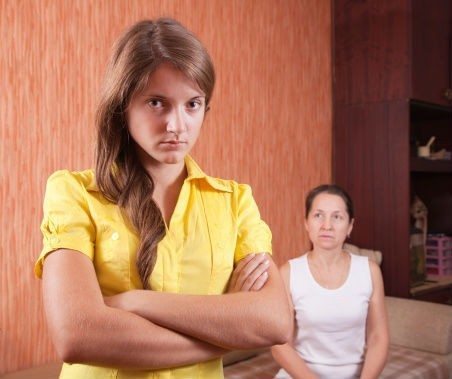 This is the fourth post in my series on how a child’s marijuana usage can affect summertime custody arrangements. Until now, I have discussed what the parent who has primary custody can do if they suspect their child is using marijuana while visiting the noncustodial parent. In my last post I discussed what happens during an emergency child custody hearing. In this post I will be discussing how the noncustodial parent can protect their visitation rights, and what action they may take to address their child’s drug use.
This is the fourth post in my series on how a child’s marijuana usage can affect summertime custody arrangements. Until now, I have discussed what the parent who has primary custody can do if they suspect their child is using marijuana while visiting the noncustodial parent. In my last post I discussed what happens during an emergency child custody hearing. In this post I will be discussing how the noncustodial parent can protect their visitation rights, and what action they may take to address their child’s drug use.
Parents who take reasonable action to address their child’s problematic behaviors are not punished by the Virginia court system
Family court judge’s understand that raising teenagers is tough and that even the best of parents can end up with a rebellious teenager on their hands. It is impossible to watch your teenager every second of every day, and if your teenager is found to be using drugs, the Court cares more about what the parent does to address the problem. As long as a parent is providing reasonable supervision, and is not actively supporting, supplying, or encouraging the use of drugs, then a family court Judge is unlikely to automatically strip a noncustodial parent of their visitation rights.
If you suspect or have caught your child using marijuana then there are reasonable steps a parent can take to protect their visitation rights. First, whenever possible, a noncustodial parent should enforce similar rules that the child has on a day to day basis. Enforce reasonable curfews, do not allow your child to hang out in “adult” areas such as bars and clubs, and ensure that your child is not left home alone for long stretches of time. If your child is caught using drugs, and it is the first time, take away privileges such as cell phones and driving privileges. If your child has a history of drug use, whenever possible, it is best to coordinate with the custodial parent and follow any guidelines the child has at home.
A child’s substance abuse is not addressed best by the family court system
When a child is acting out by using drugs or getting into trouble in other ways, it can be tempting for parents who are separated to blame one another. If you have been through a contentious divorce or custody battle, you may not communicate well with your ex. However, if your child is showing signs of drug use, then it is likely that going back to family court is not necessarily in their best interest. Consulting a mental health or substance abuse counselor for guidance may be a more appropriate first step than running back to family court for a change in custody. Only when one parent is truly incapable of controlling their child’s behavior issues should you resort to family court intervention.

Recent Comments